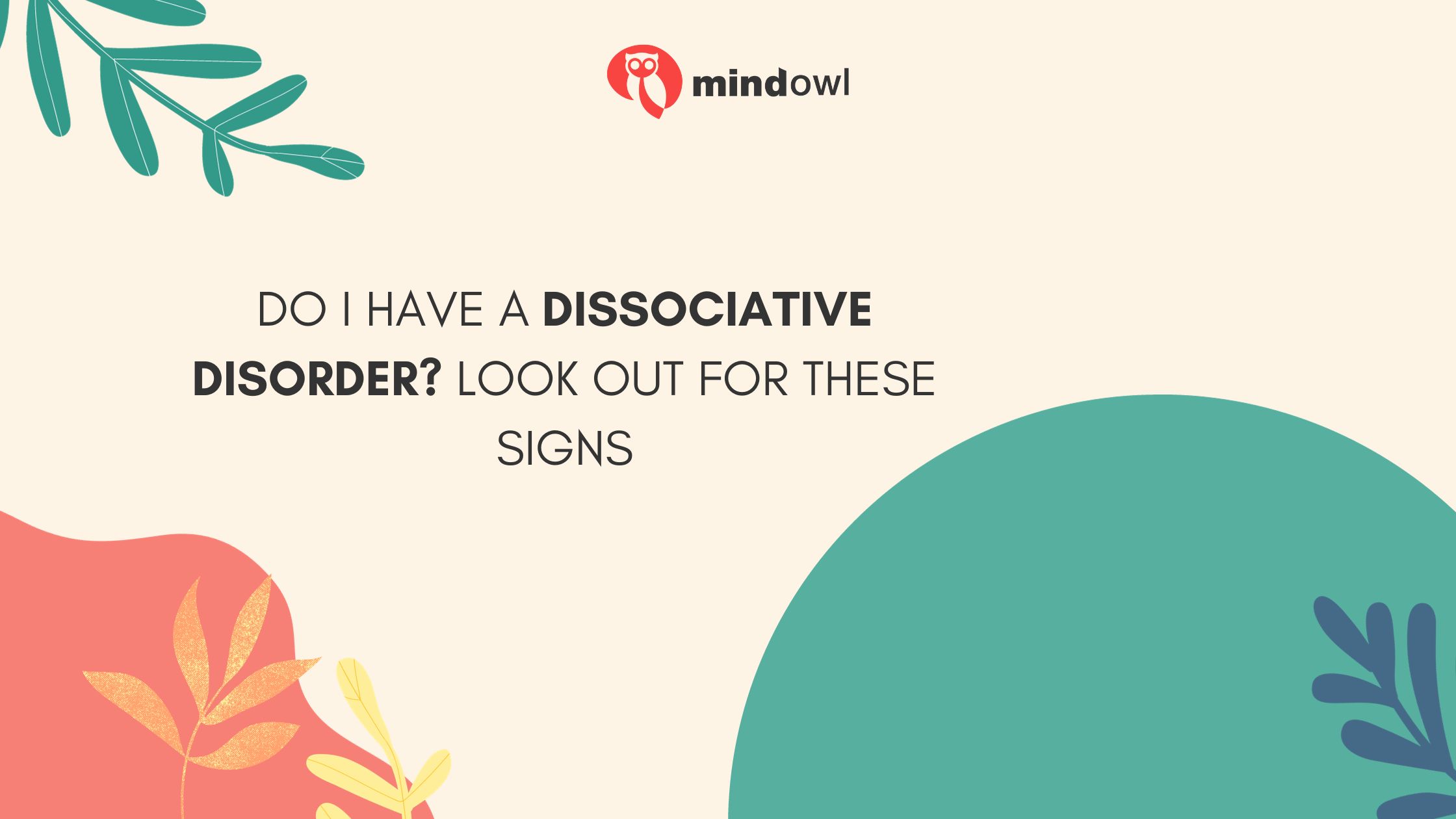Dissociative disorders are psychiatric conditions that affect a small percentage of the global population. For instance, dissociative identity disorder affects about 1.5 percent of the global population. One of the reasons there are such few diagnoses is that people may get misdiagnosed. Moreover, numerous assessments are needed for an accurate diagnosis of dissociative disorder. And the fact that many people present with self-harm behavior can make it difficult to determine that someone’s struggling with dissociative disorder.
What Are Dissociative Disorders?
This is a class of mental disorders that are characterized by a loss of connection between your identity, behavior, surroundings, memories, and feelings. These conditions allow escape from reality in unhealthy ways that impair your functioning in other areas. This leads to problems in managing everyday life. There are three main dissociative disorders mentioned in the fifth edition of the APA’s DSM, including depersonalization-derealization disorder, dissociative identity disorder (DID), and dissociative amnesia.
Causes of Dissociative Disorders
You can develop a dissociative disorder for various reasons, but the most common explanation involves going through a previous traumatic experience. Someone who has developed a dissociative disorder may have gone through some form of abuse as a child. In other cases, it’s also possible to develop a disorder if you go through a traumatic event like surviving a war, experiencing a natural disaster, or getting kidnapped or tortured.
Dissociation occurs as a way to shut out reality, and it can help you cope when going through a distressing event. Mental health experts also describe it as a way of saying that ‘this event isn’t happening to me.’ While it’s a normal defense mechanism when used occasionally, consistent dissociation, even when the environment isn’t traumatic, can impair functioning. It means that you’re still acting and living as if the environment is traumatic and you haven’t processed the event.
What Does Dissociation Mean?
Dissociation refers to the mental process by which you disconnect from your sense of identity, thoughts, and memories. After you’ve gone through a distressing event, you’ll experience some degree of dissociation during the incident or in the following days. For instance, you were involved in a car crash, and you feel disconnected from what happened around you – as if you’re watching the event unfold on TV. While dissociation usually resolves without the need for treatment, persistent dissociation is a symptom of a disorder.
Signs To Look Out For If You Think You Have a Dissociative Disorder
If you suspect that you or a loved one has a dissociative disorder, the individual symptoms of your condition can vary. However, some of them can include the following signs:
1. Feeling Disconnected From Your Thoughts and Actions
The feeling of being detached from your feelings and behaviors is known as depersonalization. This is when you often feel as if you’re observing your feelings, thoughts, and actions from outside your body. It can feel like you’re floating in the air or seeing your actions from behind a glass. The way you talk and act may feel robot-like, or it may feel as though other people around you are behaving like robots.
2. Feeling Disconnected From The World Around You
Depersonalization is often accompanied by feeling like the world around you isn’t real, also known as derealization. When you experience this symptom, the world may appear distorted, giving it a sense of un-realness. Some objects may seem smaller or flatter than they actually are, while others may appear blurry or strangely clear. The same applies to auditory stimuli: sounds may seem louder or quieter than they really are, and it may feel like time is going by too slowly or quickly.
3. Not Being Able To Remember Information About Yourself
One of the symptoms of dissociative amnesia is that you forget important autobiographical information. This can include where you went to school, where you work, and even skills you’ve learned. This can also occur in dissociative identity disorder; having multiple personalities makes it difficult to remember information about who you are.
4. Being Uncertain About Your Identity
In dissociative amnesia, you may be unable to recall aspects of your identity, like your name and address. For instance, generalized amnesia can cause you to forget important details of your entire life. This can make it difficult to introduce yourself or answer questions about where you come from.
5. Having Lapses In Memory
Having gaps in your memory can be a sign of either dissociative amnesia or dissociative identity disorder. In the former, you may be unable to recall events from the past, while the latter can include gaps about everyday events and personal information.
Seeking Help For Dissociative Disorders
Regardless of the symptoms you’re experiencing, it’s recommended that you see a mental health practitioner. It’s important to consult a professional because dissociation can occur as a result of other disorders, such as PTSD. They perform different assessments to narrow down an accurate diagnosis and provide an appropriate treatment plan.
MindOwl Founder – My own struggles in life have led me to this path of understanding the human condition. I graduated with a bachelor’s degree in philosophy before completing a master’s degree in psychology at Regent’s University London. I then completed a postgraduate diploma in philosophical counselling before being trained in ACT (Acceptance and commitment therapy).
I’ve spent the last eight years studying the encounter of meditative practices with modern psychology.

